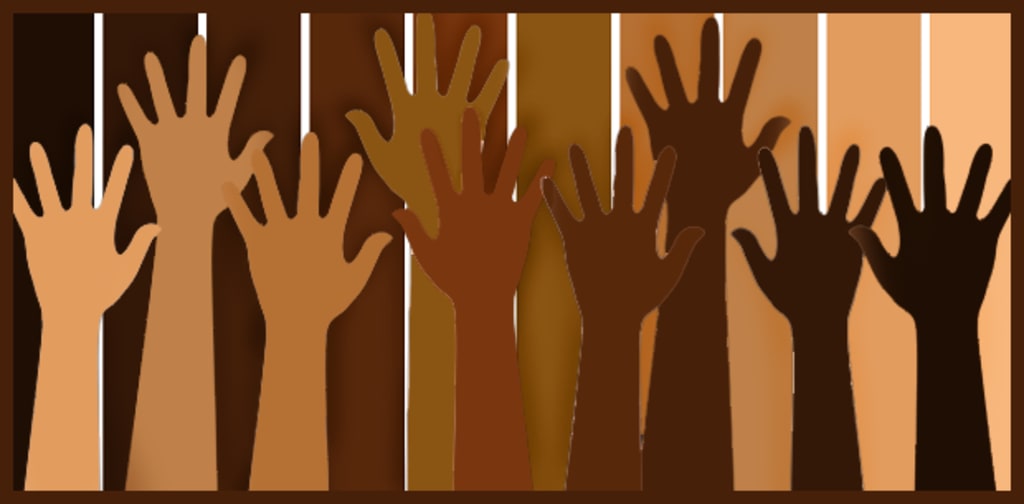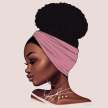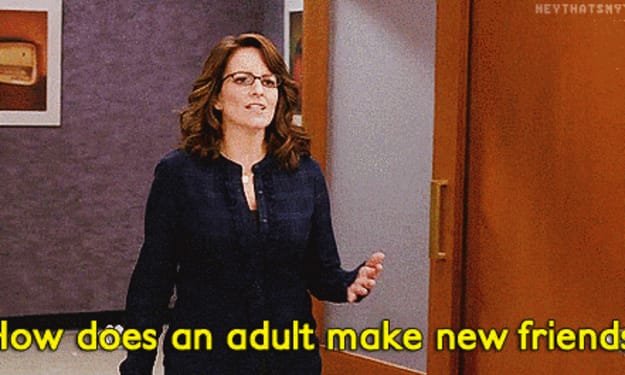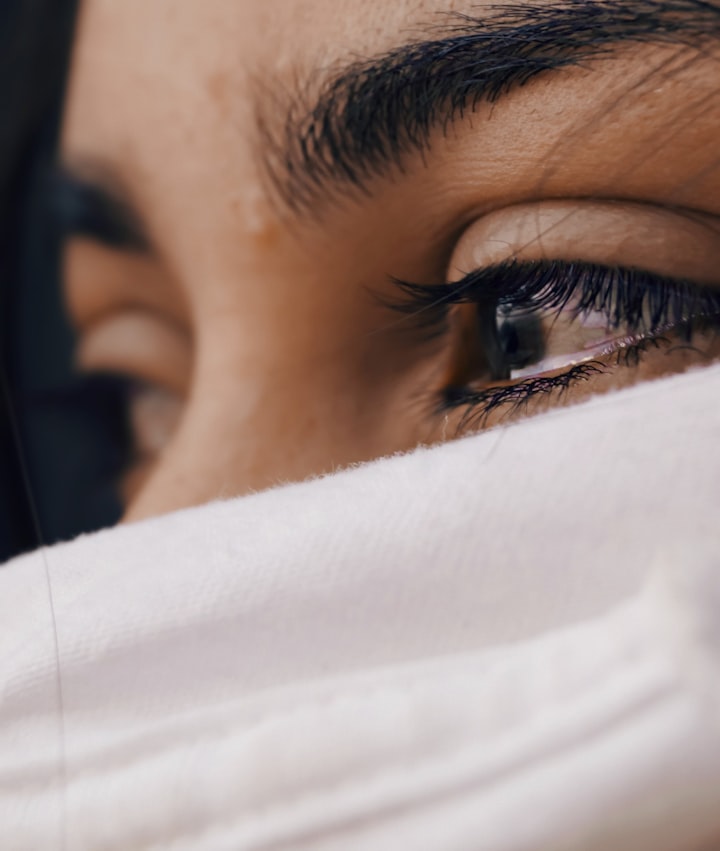Not the Right Kind of Black
Colorism and the Secrets We Hold

We all carry with us memories and secrets that we solemnly swear to ourselves no one will ever know about. There is an inescapable amount of shame connected to these pieces of our lives and we hold ourselves hostage as a result. But I must admit that I’m exhausted. My spirit is spent. And I’m ready to relinquish myself from the hold my own secret has held over my life.
One of the most vivid childhood memories I have is a recollection of a nighttime bath. Odd, I’m sure it seems, but allow me to explain. I will admit that bath time was not my most favorite daily activity as a little girl. Not that I necessarily feared water or anything, but I simply felt I didn’t need it. As a result, most of my baths consisted of adventurous underwater excursions, perilous battle with water monsters, and any other extravagant undertaking my imagination could surmise. However, the particular bath I’m drawing upon now didn’t involve any of that.
I remember sitting in the bathtub with my back barely brushing against the wall. The cold surface was too much for me to cope with so I sat hunched forward, examining my body as I consciously began to allow my limbs to relax in the water. I studied my club feet, both slightly turned inward towards one another—a reminder of the leg braces I once wore as an infant. I studied my knobby little knees and the staunch difference between the color of them and the rest of my body. They were black, almost smut black like the color of Cousin Jojo’s hands when he finished tampering with Aunt Mae’s car. The kids at school always seized an opportunity to ask me why my knees looked so hideous. I had no answer for them. I just knew I hated wearing shorts.
I grabbed the wash rag thrown across the side of the bathtub and drenched it in the cold water. I lathered it with the soap bar behind me and began furiously scrubbing my knees. I scrubbed like I never had before. All of the strength I had wasted in previous baths was now being used to full capacity. My skin began to tighten and burn, but I kept at my work. The kids at my school had told me if I washed hard enough maybe my skin would be like theirs someday. All white and clean. They looked fresh when they came to the classroom every day with their striped button-ups and frilly, pink blouses. I thought to myself that if maybe I scrubbed hard enough and got myself clean, Mama would buy me a frilly, pink blouse too.
It wasn’t just the white kids at my school that picked on my knobby, black knees. Lucia did too. She was black but not black like me. My skin was dark brown like my favorite candy bars, the Hershey’s. Lucia’s skin was brighter, like the color of sand at the beach Daddy always took us to in the summer. She also had the prettiest hair. Mama said that she had “good hair” when she met her at school. I didn’t know what “good hair” was at the time, but I assumed I didn’t have it.
I wanted clean skin like Lucia and everybody else in my classroom. And “good hair” too. Then I could wear all of the shorts, skorts, and dresses I wanted. I’d even wear that ugly Sunday dress Mama badgered me into every time we went to Church. And just maybe the other kids wouldn’t pick at my knobby knees anymore.
Although I had no means of articulating it at the time, at this tender age I was experiencing colorism in its ugliest form. This subconscious disdain for my own brown skin was not a feeling I had generated on my own. It was a product of the environment I was in and the social forces surrounding me in my everyday life. Raised in a small, rural town with a predominantly White population certainly had an impact on the perceptions I developed not only of the world but of myself as well. A number of my family members were not even aware of the colorist beliefs they were passing on to me. In fact, many of them still hold these beliefs today. And that is what pains me most: that the bulk of the disdain and judgement I experienced came from others who looked just like me.
For years I carried with me this secret. This covert hatred for how I had been brought into this world: a tragic dark-skinned child with bad hair and knobby, black knees. I did a number of things to compensate for what I felt I lacked. I styled my hair in long braids so that I could more easily mock the pippy ponytails my friends sported. I shopped for similar clothing of my counterparts to avoid standing out. I perfected the art of enunciation and proper grammar or, as my cousins would later call it, “talking White.” I never missed an opportunity to excel academically because I knew the social benefit would be grand. Validation, appreciation, and inclusion, if just for that moment. All of these things and more I used as social currency to construct a persona that I believed would be more palatable to those around me. For several years I convinced myself that this persona was in fact my true identity. It was not until my early adult years that realized how wrong I was and my complex journey to explore my true identity began.
It has been a tormenting, yet beautiful experience. To step outside of myself and see how I have evolved as an individual continues to fascinate me. However, there have been a number of difficult phases, moments, and conversations to be had. I have since asked my cousins, “What does it mean to talk white?” My mother and I have had many intimate discussions on hair and why mine doesn’t fit the mold of what society deems acceptable. I have had to ask myself why a twinge of my confidence falters when I enter a room and my eyes fall upon a woman with skin like that of Lucia. A number of discussions have been started and even more questions have gone unanswered but I began to unravel the binds that have held me hostage for so many years .
And as I have previously stated, I am exhausted. Despite how much I have internally worked to dissolve my colorist perceptions, my community and society has not. I am still faced with microaggressions that remind me of the self-hatred I am trying to flee. Colorism has grown to become a popular topic in the African-American community but after the circle is broken and the chairs are dispersed, everyone leaves the table with their same misconceptions. No true work is done to undo the indoctrination and socialization we all have subconsciously experienced. For many who look like Lucia, it’s beneficial to maintain the status quo. But my heart goes out to all of the little dark girls like me with smutty, black knees, and bad hair, sitting in their bath tubs trying to scrub the truth away. I pray that they don’t harbor secrets too.
About the Creator
Micky Thinks
I claim this space as my corner of the net to express my deepest feelings and most sentimental thoughts. Not all opinions shared will be popular, thus the pseudonym. But it is my hope that others (if only one) can connect to my strife.






Comments
There are no comments for this story
Be the first to respond and start the conversation.